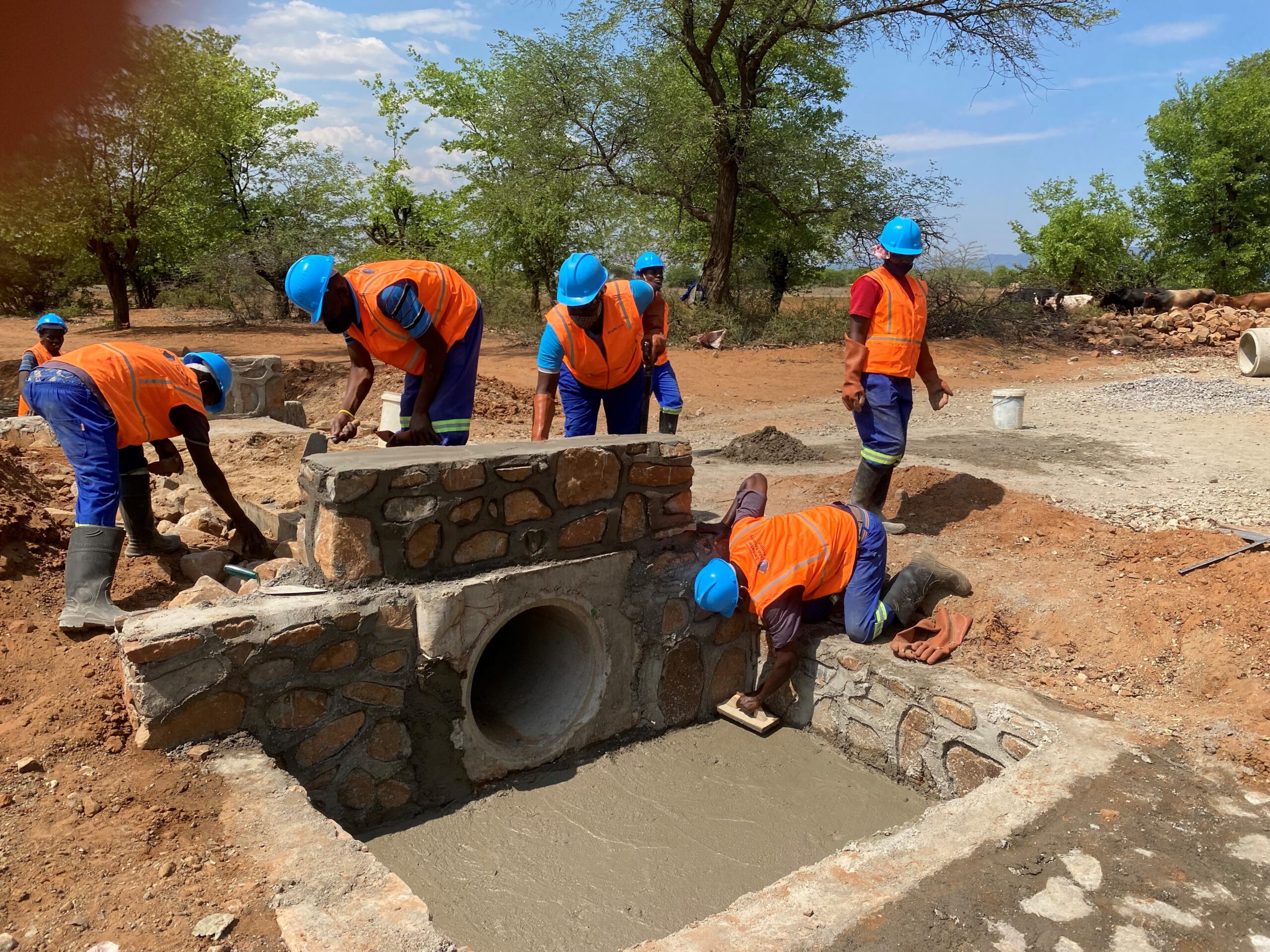
HUMAN rights activists and members of the public have expressed outrage at Sadc’s proposal to initiate a compulsory universal HIV- testing in all member states, as a means to reduce new infections. REPORT BY PHYLLIS MBANJE
The idea was initiated by President Robert Mugabe during the Aids Watch Africa briefing at the just-ended Sadc summit in Malawi.
It received a lot of support from other leaders, who felt that drastic measures were now required to contain the scourge.
However, members of the public and human rights activists have received the news with varied responses, with many openly opposing the idea.
Mandatory HIV and Aids-testing has always been fraught with emotion, misunderstanding and lack of information.
Regionally and internationally, it has failed to be implemented due to its implications on human rights.
“No matter how grave the situation, HIV-testing should always be on voluntary basis if we want to see the required results,” said Tafadzwa Ruwende, a male student nurse.
“I do not understand why heads of state would even try to initiate a debate on that issue. It is unethical, just as it is in contravention of basic human rights. In a world where we champion the right to choose, mandatory testing is not an option,” he said.
- Chamisa under fire over US$120K donation
- Mavhunga puts DeMbare into Chibuku quarterfinals
- Pension funds bet on Cabora Bassa oilfields
- Councils defy govt fire tender directive
Keep Reading
A nurse counsellor with Population Services International (PSI) said it defied logic that the subject should be introduced at this point, when great strides had already been made using the voluntary testing method.
“As a counsellor, when a client comes for testing it is stressed that they are doing so voluntarily. If at any point during the session the client feels they no longer want to continue, we end it right there,” she said.
“The success of the counselling session and the measures that follow thereafter like treatment plans, are premised on how ready the client is to know their status. If one is forced, they may not be able to deal with their results should they turn out to be positive.”
Choga Mahoto from Waterfalls in Harare had no kind words for Malawian President, Joyce Banda for equating HIV and Aids to epidemics like polio, whereby everyone is forced to take vaccines against the disease.
“It is worrying when a head of state says HIV-testing should just be like taking a vaccine for polio. HIV and Aids have many issues like stigma, which makes it difficult to equate them with other diseases,” he said.
Banda came out strongly supporting Mugabe at the summit, saying there was no need to bring in the human rights aspect.
“When we were dealing with epidemics like polio, everybody was forced to take vaccines. Why is it that when it comes to HIV and Aids, rights come into the equation?” said Banda.
Also speaking on the issue, the chairperson for the Zimbabwe Association of Doctors for Human Rights (ZADHR), Rutendo Bonde said the move was a violation of basic human rights.
“Consent is the pivotal principle in any medical procedure. If you take that away, then we have big problems,” she said.
Another member of ZADHR, who declined to be named, said the organisation was mooting issuing out a statement on the issue of mandatory testing.
Bonde would neither confirm nor deny that ZADHR would issue a statement, saying she would only comment after having a board meeting, scheduled for yesterday.
However, besides the ethical and rights issues of mandatory HIV and Aids-testing, there are logistics and the costs to consider as well because those who would have tested positive would eventually be put on anti-retroviral therapy (ART).
The National Aids Council said about 1,2 million people were living with HIV in Zimbabwe and 600 000 of them were in need of anti-retroviral drugs.











